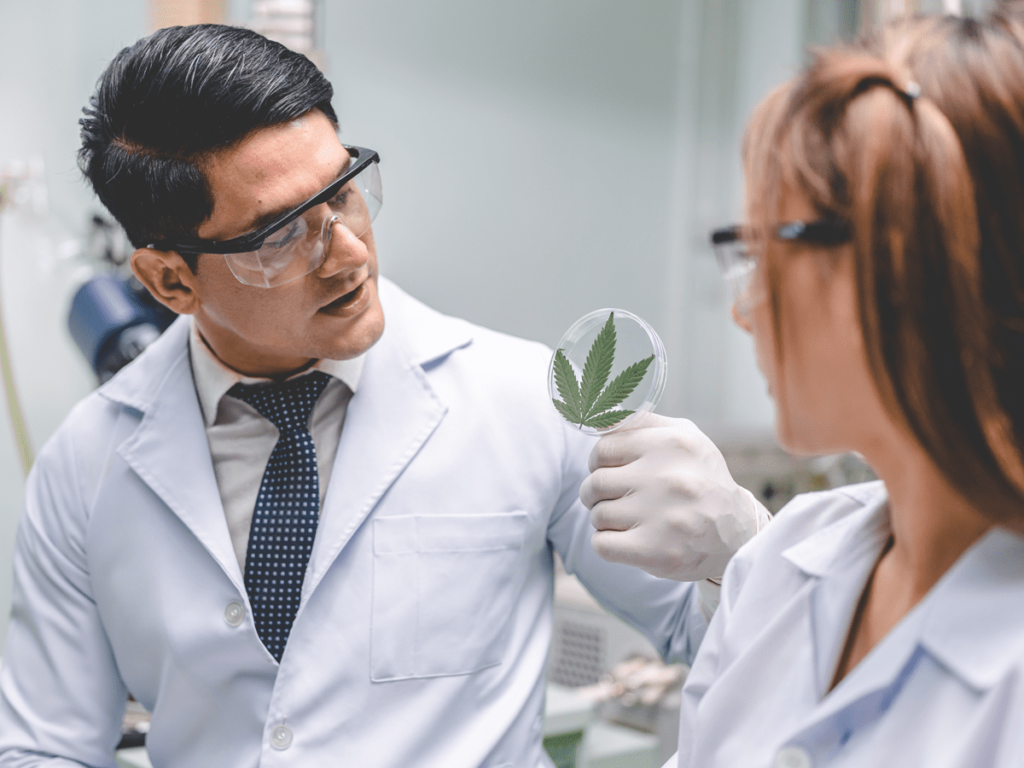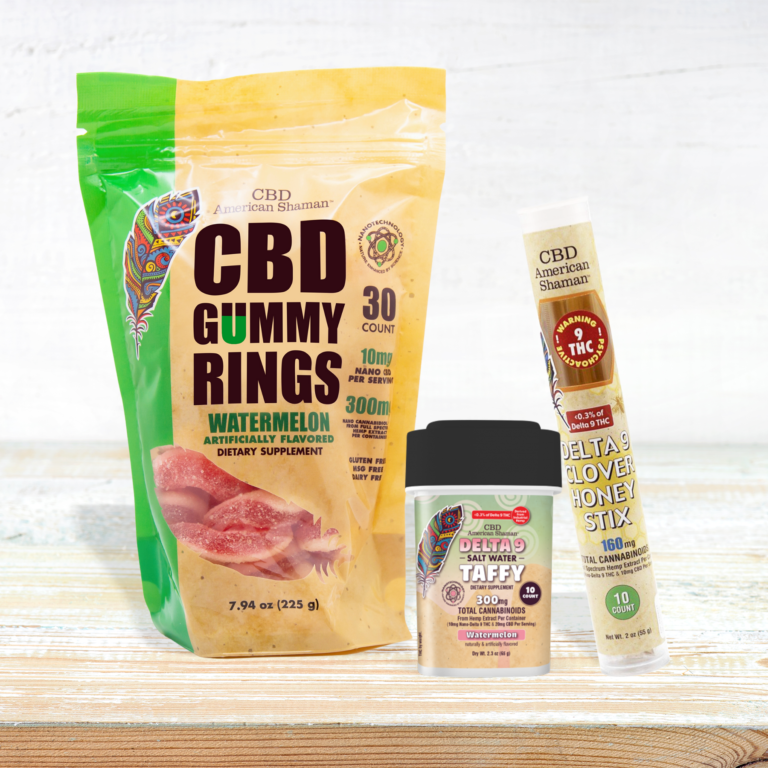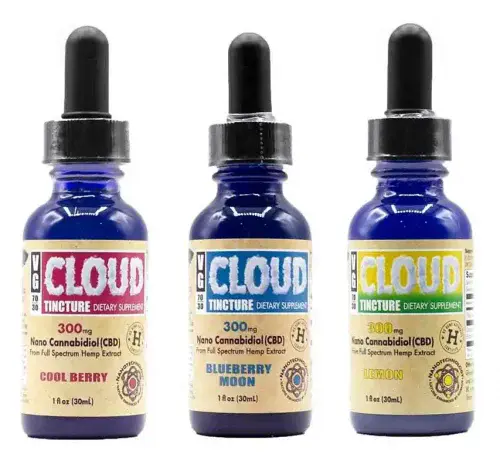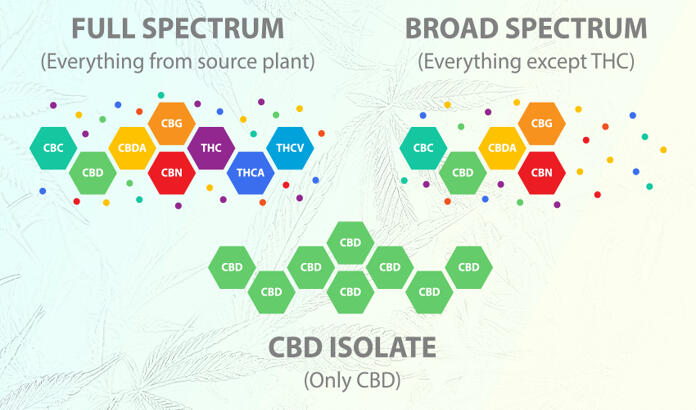What is a COA?
If you have explored hemp or cannabis products, you have likely encountered the term COA. While it might seem like just another industry buzzword alongside CBD or terpene, a COA is actually a crucial component.
Understanding a COA is vital when shopping for hemp or cannabis products. While sight and scent can provide some insight, a COA offers shoppers a detailed and comprehensive view of the product they are considering.
What does COA Stand For?
COA stands for Certificate of Analysis. It refers to third-party laboratory testing results, conducted by licensed facilities, that analyze various factors. The specific items tested can be mandated by state or federal regulations, depending on whether the product is derived from hemp or marijuana.
What Information Does a COA Contain?
A Certificate of Analysis (COA) provides valuable information for both industry professionals and consumers.
Typical tests performed by third-party laboratories include:
- Cannabinoid potency
- Terpene profile
- Detection of mold, pesticides, herbicides, or heavy metals
- Moisture content (particularly for smokable flower products)
For hemp products, COAs are mandated by federal law to ensure compliance with safety standards, including a Delta 9 THC concentration of less than 0.3% by dry weight.

For cannabis products, while legal marijuana regulations differ by state, COAs are universally required. These certificates serve as a quality control measure, helping to verify that brands meet the safety standards set by each state’s program.
How to Find a COA
Here are a few ways to access a Certificate of Analysis (COA) for a product. Trusted brands ensure that their COAs are easily available to customers.
First, check the brand’s website. Reputable brands make it simple for customers to find COA information by regularly updating and posting it online. This approach benefits both the brand and the shopper by providing easy access to up-to-date information.
QR codes offer another convenient option. Many brands have enhanced the shopping experience by including QR codes on product packaging. Scanning these codes can quickly direct you to the COA on the brand’s website. This method is gaining popularity for its ease, transparency, and accessibility.
Lastly, you can request the COA from store employees. Retailers that sell these products often keep copies of COAs on hand. A polite inquiry can help you obtain the information you need.
Red Flags to Watch Out For
When evaluating Certificates of Analysis (COAs), there are a few key red flags to watch for. First, check the COA’s expiration date. Typically, COAs are valid for around a year, and in that time, a product might change and need retesting. This expiration date also helps indicate the product’s age.
Secondly, be wary if a brand refuses to provide a COA, claiming it as proprietary information. Such a refusal can erode trust between the brand and its customers.

The Bottom Line
A Certificate of Analysis (COA) is a powerful resource for both brands and consumers. Though it might appear as just a piece of paper, a COA provides essential information about a product’s potency, quality, cannabinoid, and terpene content.
Understanding how to interpret a COA is crucial when shopping for hemp or legal cannabis products. Think of it as a treasure map—it guides you to the perfect product that meets your needs.






